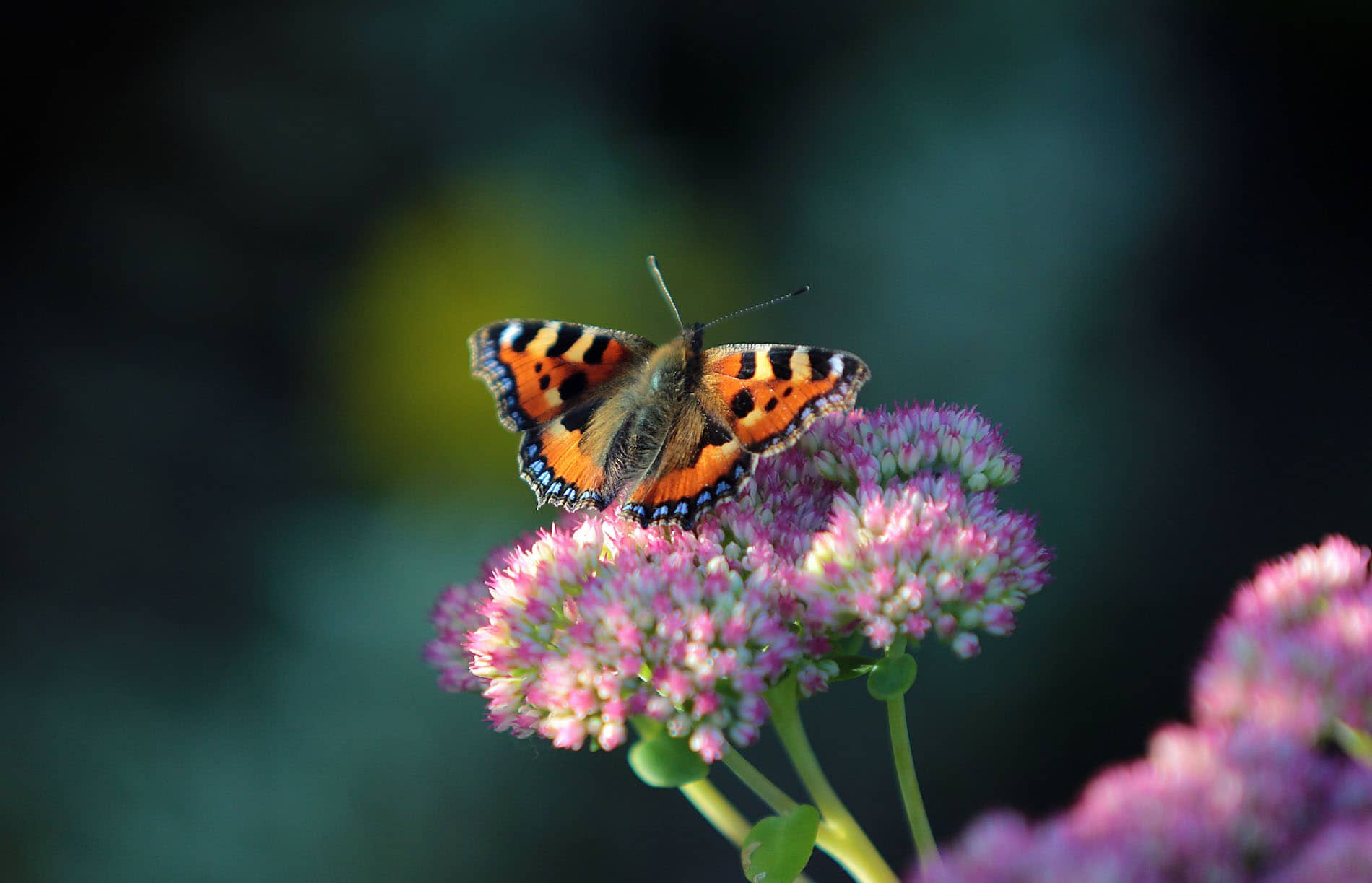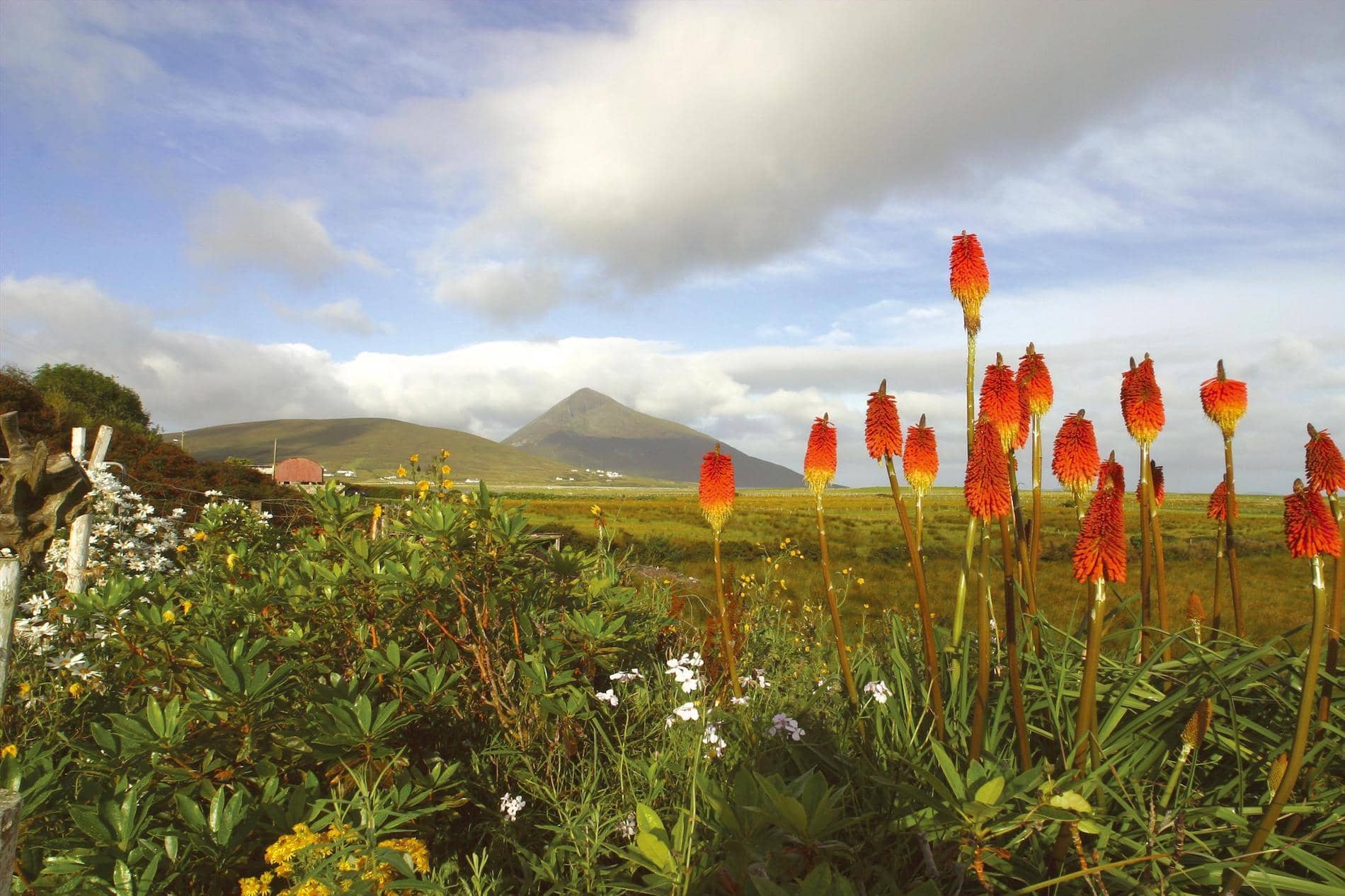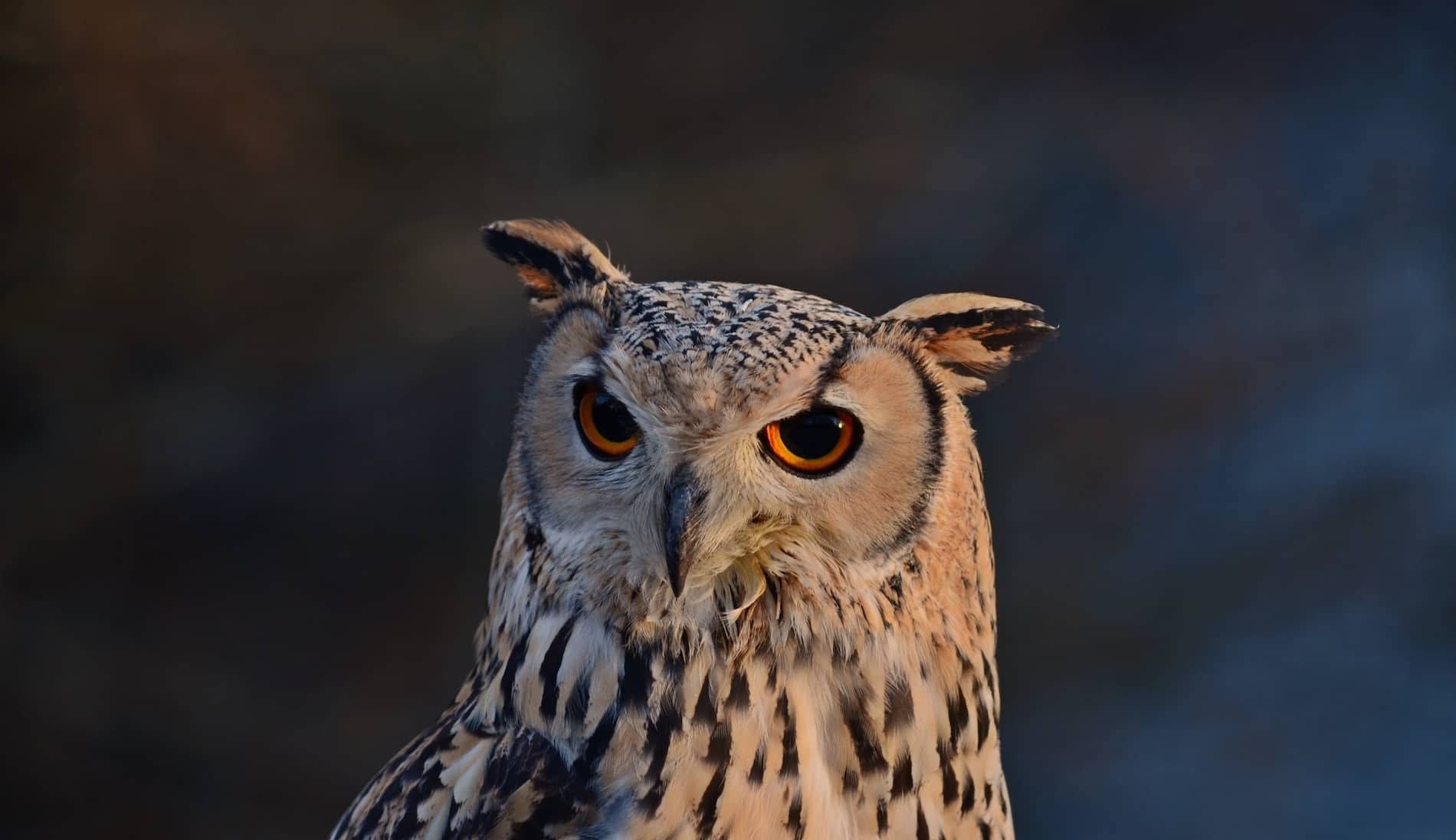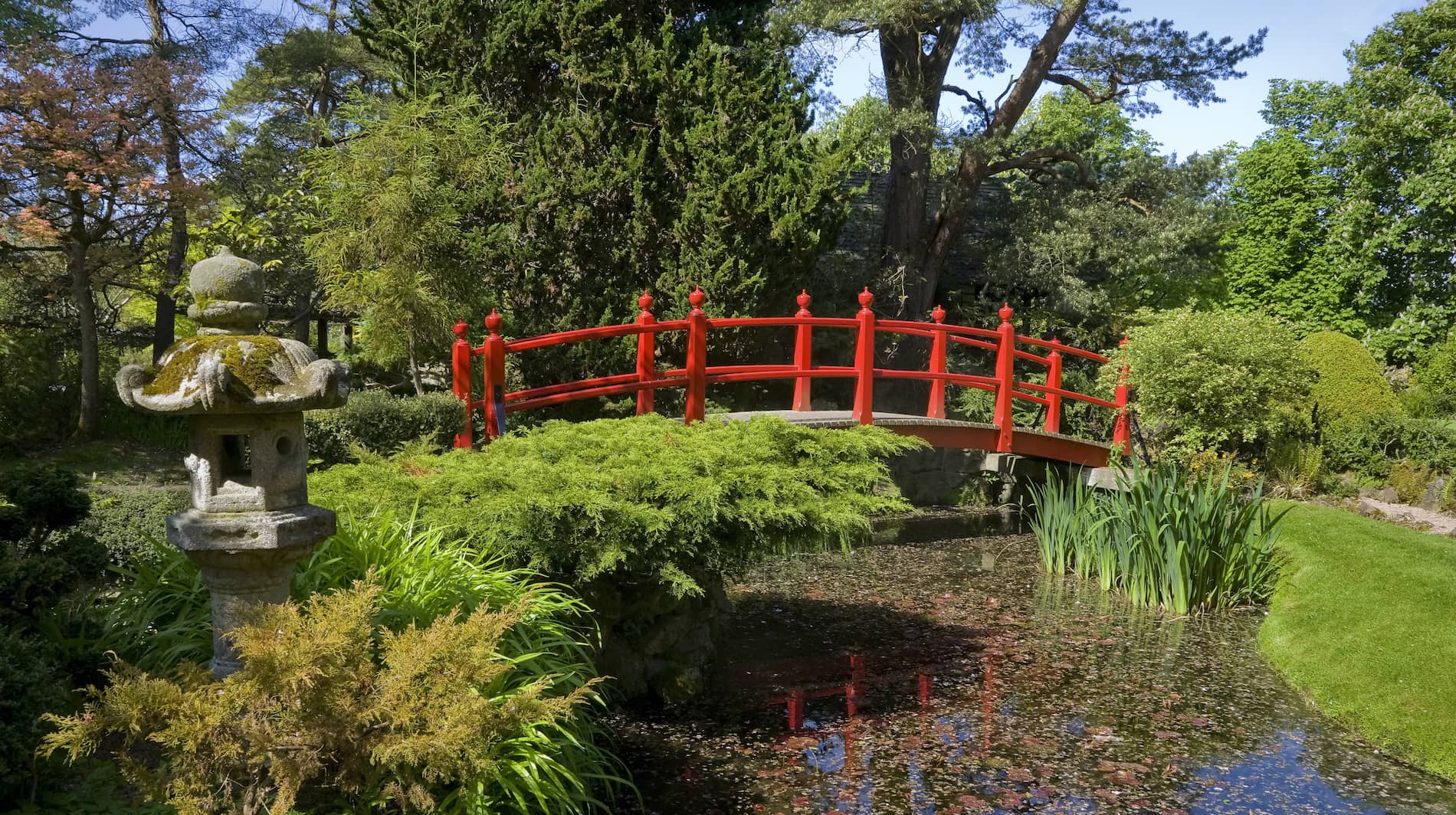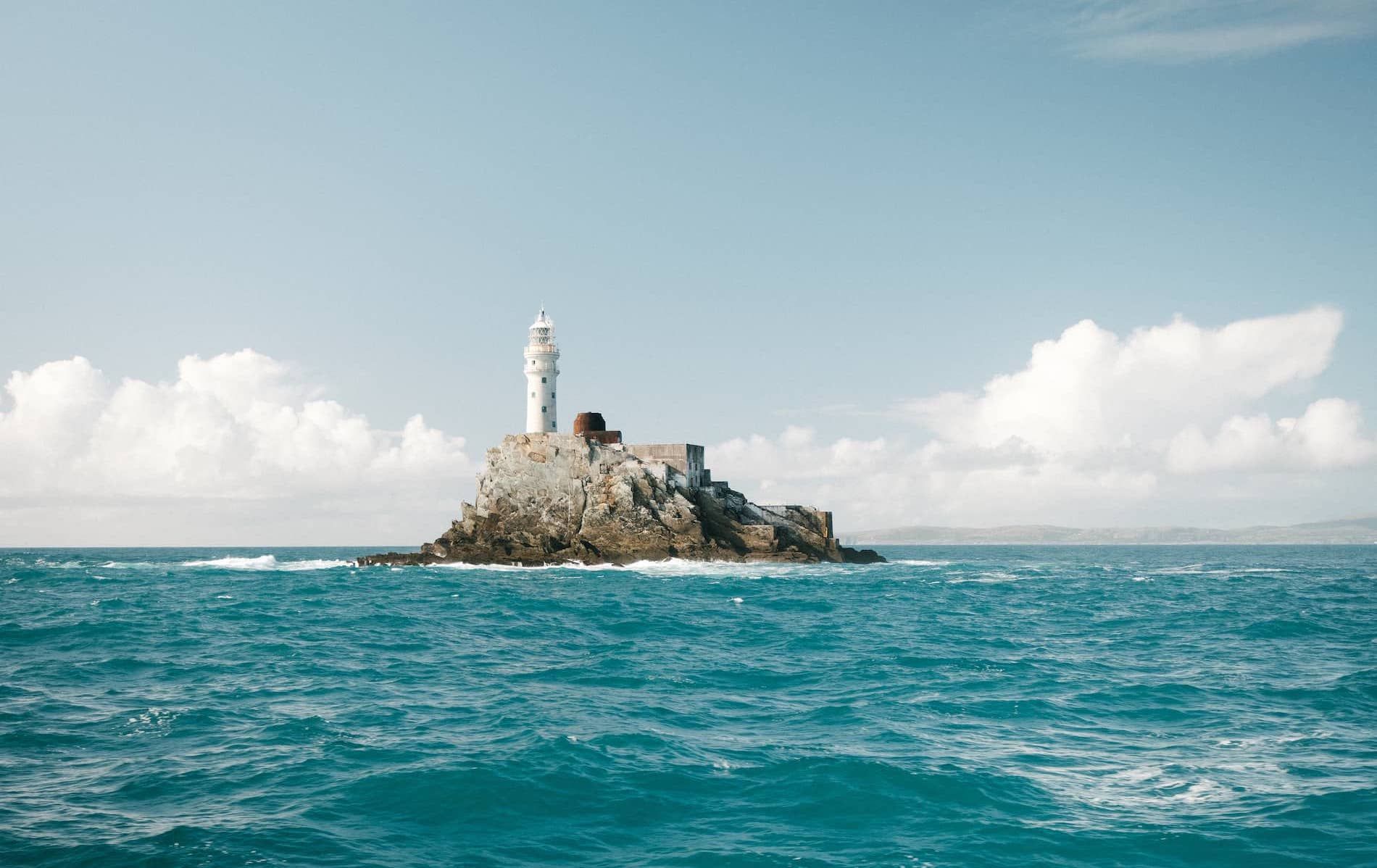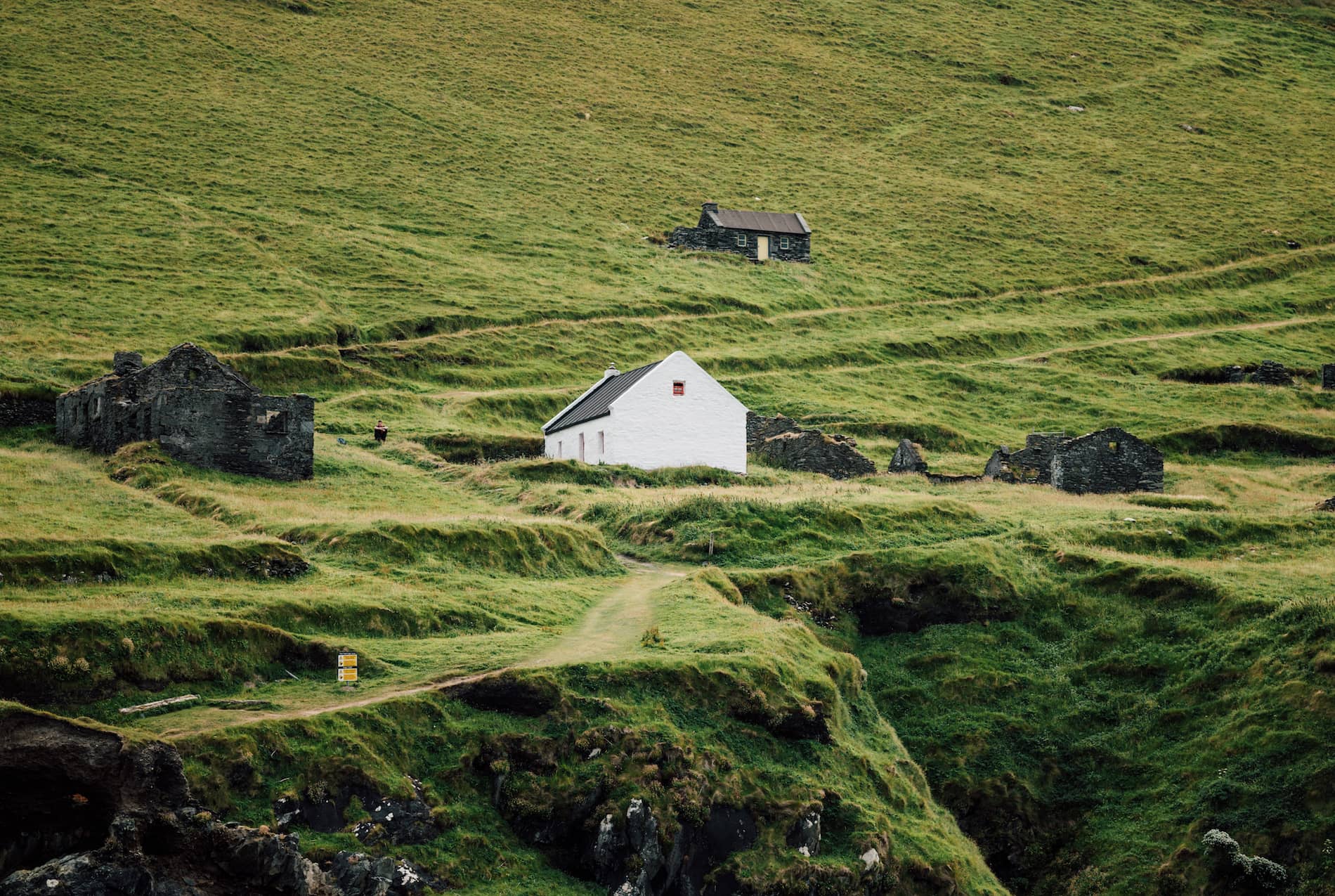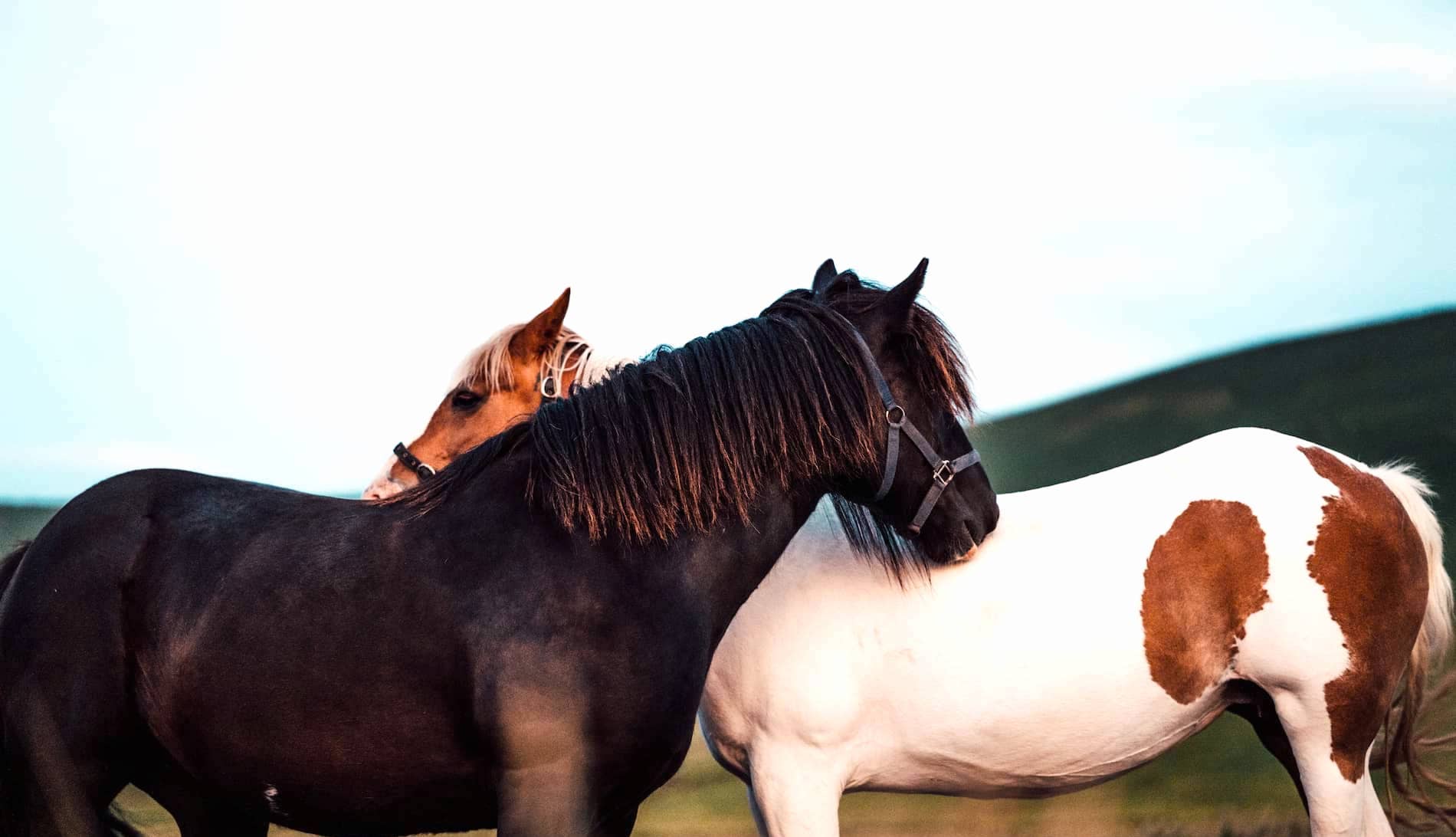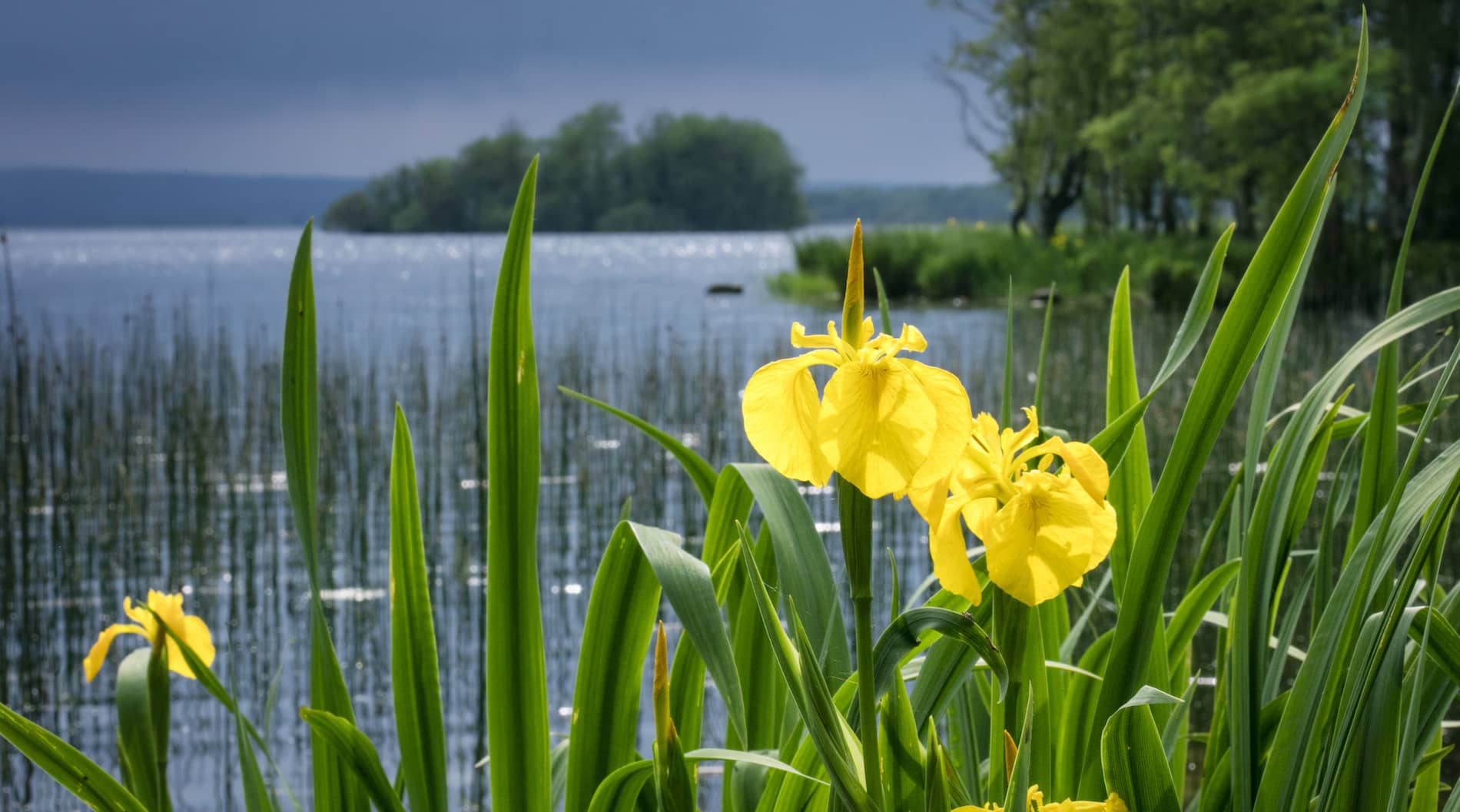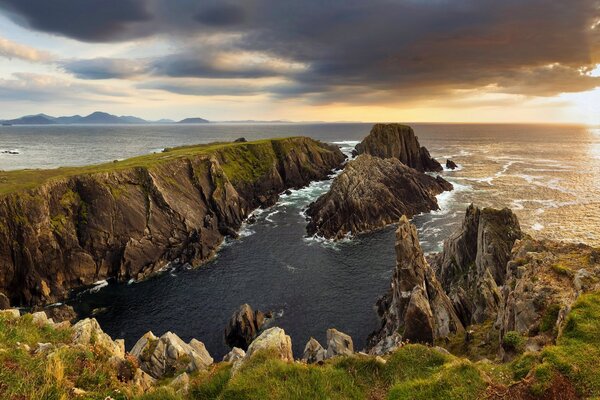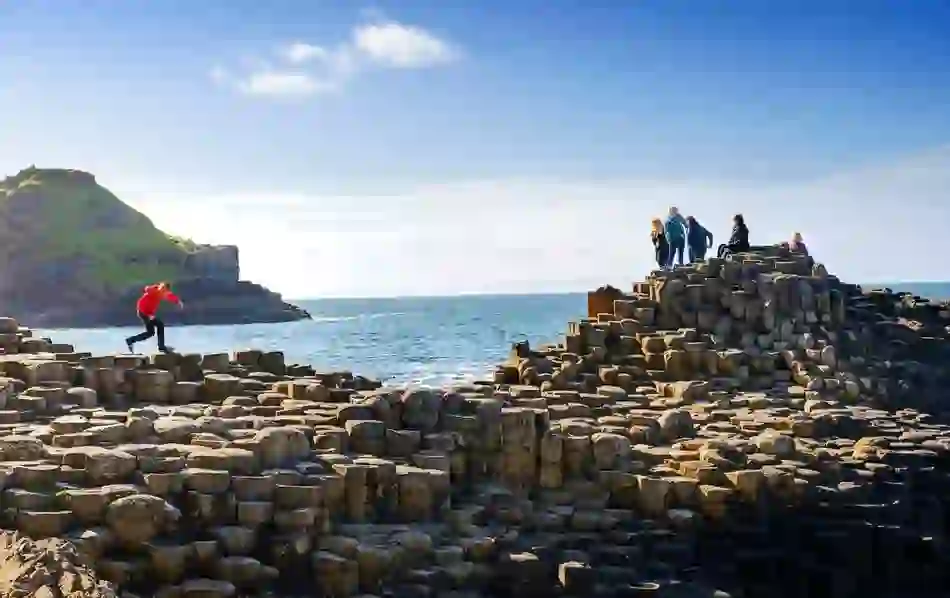
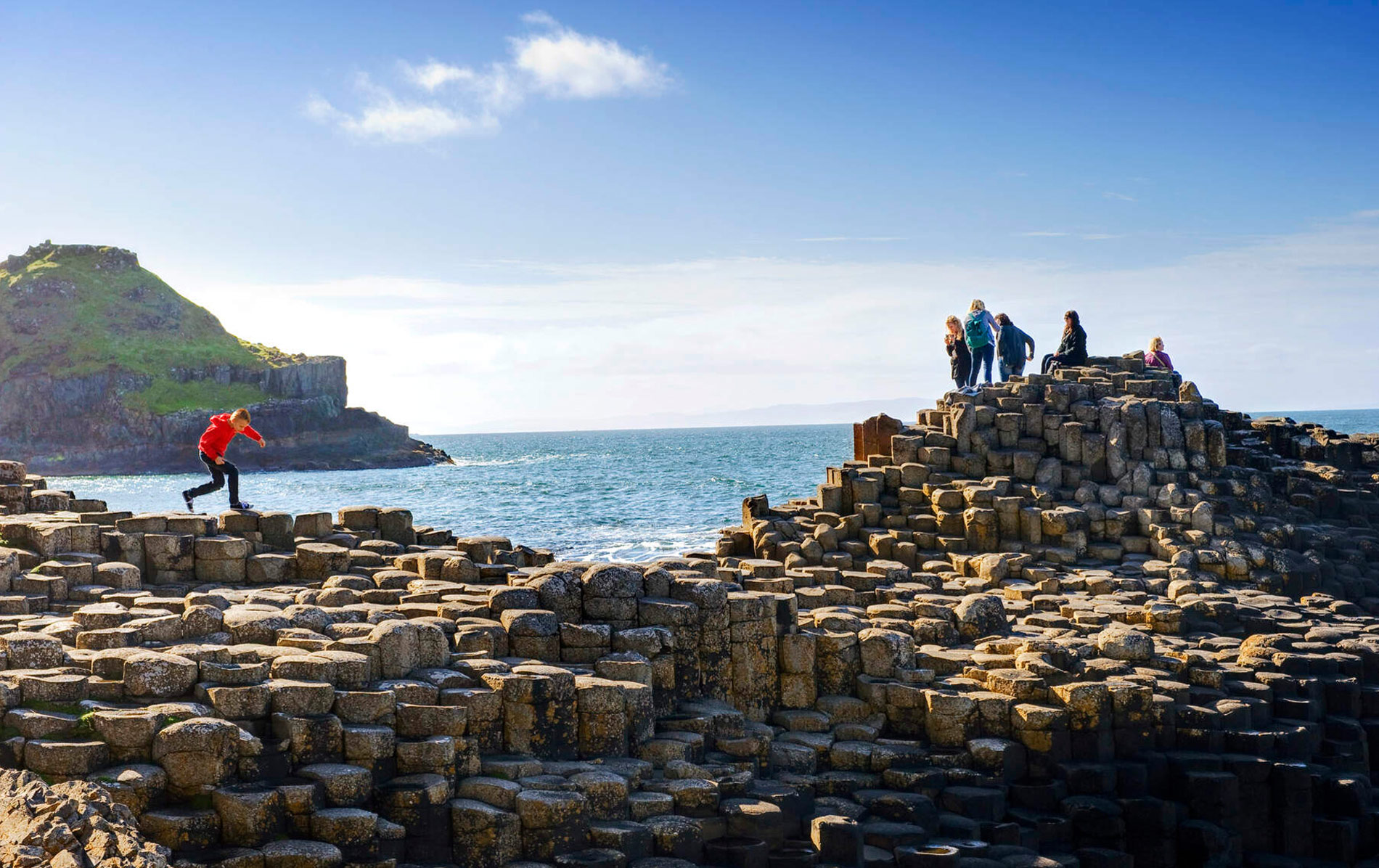
UNESCO World Heritage Sites in Ireland

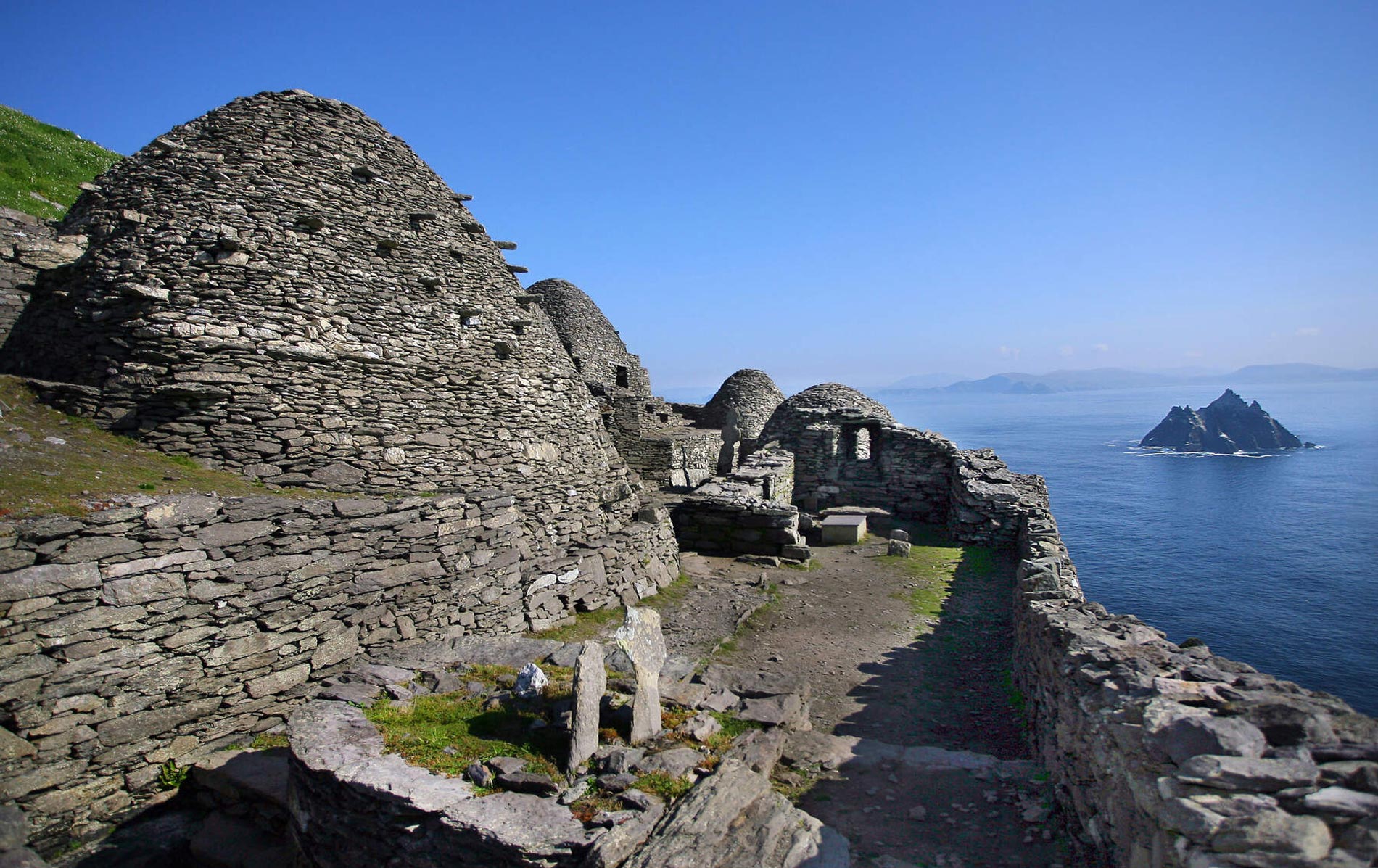
Skellig Michael, County Kerry
Skellig Michael
Awesome is a much-overused word, but there are few others to adequately describe Skellig Michael. It was here, between the 6th and 8th centuries, that devout Christian monks sought extreme isolation. They certainly found it. Skellig Michael (Sceilig Mhichíl) and its smaller sister, Little Skellig (Sceilig Bheag), make up the Skellig Islands – second only to the Blasket Islands as Europe’s most westerly point.
Visitors here have been varied, among them Norway’s first king, Olaf Tryggvasson (he was said to have been baptised on Skellig Michael), and literary legend, George Bernard Shaw. Shaw later commented that Skellig Michael was an "incredible, impossible, mad place". It was, he wrote, "part of our dream world".
We say: dream on.


Giant's Causeway, County Antrim
The Giant’s Causeway
Myth shrouds this coastal Antrim oddity (get the full story of Finn Mac Cumhaill v Scottish giant Benandonner here) but the facts are arguably even more impressive. As a result of violent volcanic activity 60 million years ago, thousands of basalt columns popped up on what would one day be named the Causeway Coast. Known locally as "giant's eyes", these octagonal stepping stones aren’t the only curious stone creations on this stretch of coast. A modest wander will bring you face to face with the Organ, the Giant’s Harp, the Honeycomb and more.
This UNESCO site keeps itself in good company, too. A mere 20-minute drive east swings the sea-spanning Carrick-a-Rede-rope bridge, while a six-minute jaunt south west will place you in the town of Bushmills, famed for its eponymous whiskey distillery and the award-winning Bushmills Inn. And rest assured: no warring giants will spoil your fun.

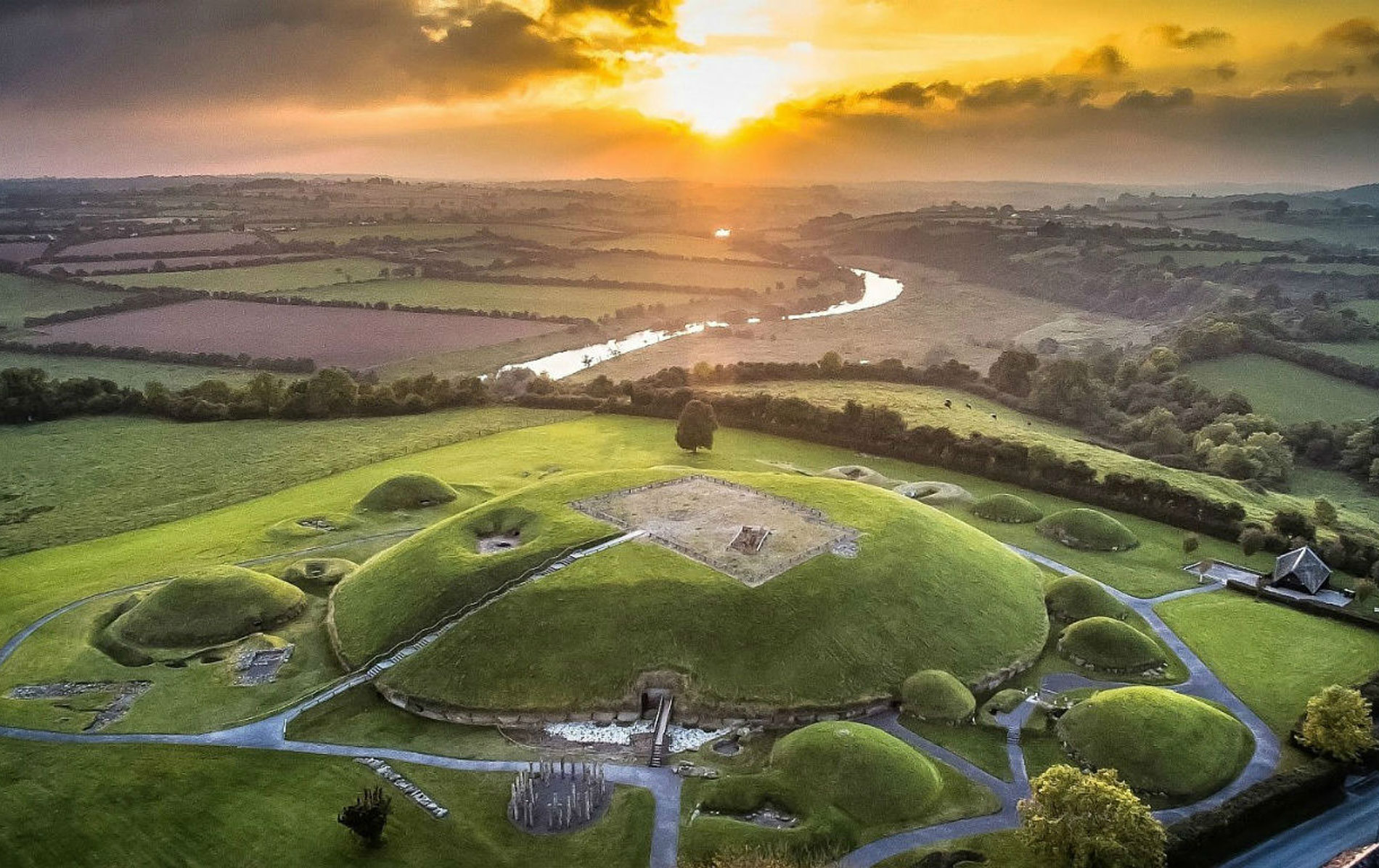
Brú na Boinne, County Meath
Brú na Bóinne and Newgrange
Looking for Ireland’s most famous passage tomb? Newgrange is it. Thanks to the ingenuity of its pagan architects, the building itself predates even the pyramids at Giza. And while its grass-topped exterior is a visual treat, what’s really exciting about Newgrange is what’s on the inside. Come the winter solstice on 21 December (the shortest day of the year in Northern Europe) a shaft of sunlight creeps through an opening in the roof box. The result? A resplendently illuminated inner chamber and one of the oldest sun celebrations on the planet.
Should it sound like the kind of experience that would sit snugly on your bucket list, you're not alone. Thanks to a modestly sized inner chamber and a vast interest, the audience entitled to view the winter solstice from inside Newgrange is chosen by lottery. Here's all the information you'll need to apply.
In the event that your lottery luck escapes you, visitors are still invited to gather on the hill and watch the sun illuminate this Neolithic monument, just as it has done for over 5,000 years.

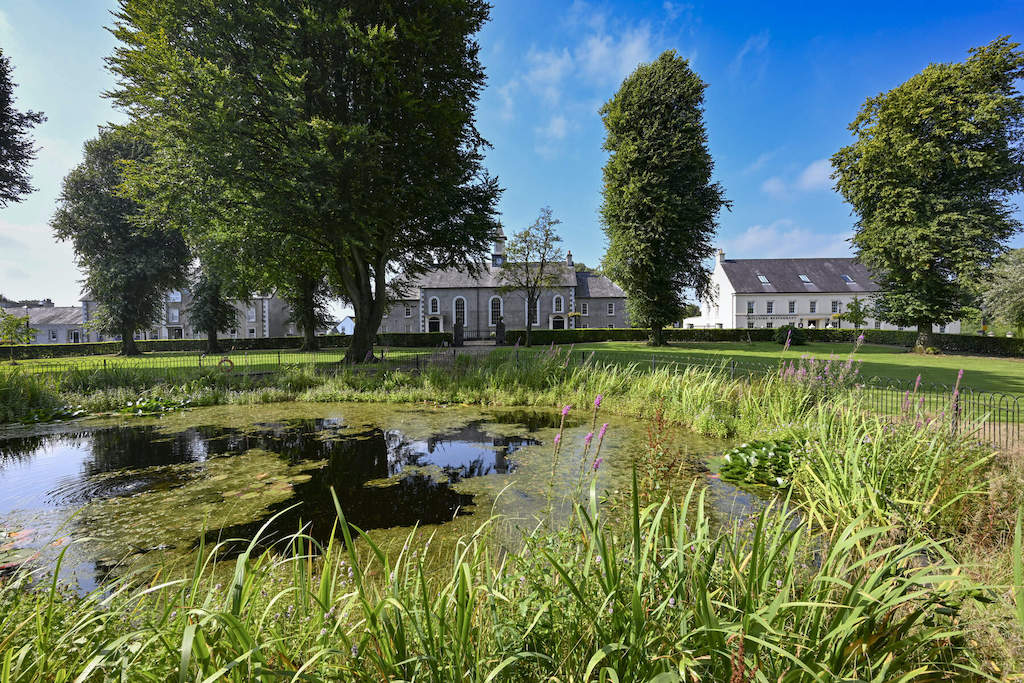
Gracehill, County Antrim
Gracehill
The newest addition to the island of Ireland’s list of UNESCO World Heritage Sites is the village of Gracehill in County Antrim. What makes this quiet community on the outskirts of Ballymena so special? It’s considered the best-preserved Moravian Church Settlement in Ireland and the UK, and has been awarded special UNESCO status in a transnational designation alongside three other Moravian sites – Bethlehem (USA), Christianfeld (Denmark) and Herrnhut (Germany). The Moravian Church dates back to 1457 but it wasn’t until the 1700s that the Church began establishing new Settlements around the world to spread its faith, one of the earliest forms of Protestantism.
Gracehill was founded in 1759 and constructed in a traditional continental grid plan unique to the area. The Moravians believed in a unified, coherent urban design and realised their vision here with aplomb. From the central village square and designated green spaces to the Georgian-style architecture, Gracehill is simply a joy to explore. The experience is like being transported back in time, as the village has barely changed in over 250 years! Top sights to see include the Gracehill Old School (which now hosts a museum and restaurant), the striking Moravian Church and the burial ground known as God’s Acre, where men are buried to the left and women to the right of the plot’s central path. The secret’s out about this historic gem in Northern Ireland.


Trinity College Dublin
In addition to the four sites above, Ireland boasts not one, not two, but three UNESCO cities: Belfast is a UNESCO City of Music; Dublin is a UNESCO City of Literature; and Galway is a UNESCO City of Film.
And as if that weren't enough, here are another eight Areas of Outstanding Natural Beauty for your walking, hiking, cycling and visual delectation. Enjoy!





